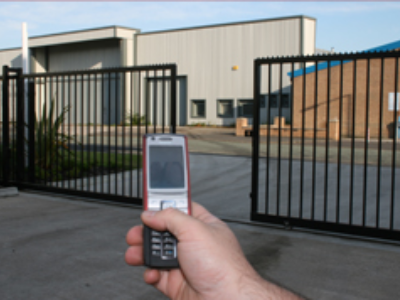How to Choose the Right Boiler for Your Home
A good boiler keeps your home warm and provides hot water. Choosing the right one is important for comfort, energy efficiency, and cost savings. With so many options available, it can be hard to decide. This guide will help you understand different types of boilers, key factors to consider, and how to make the best choice for your home.
And if budget is a concern, you might even qualify for a free boiler through government-backed schemes—making it easier to upgrade without the high upfront cost.
Boiler Types
Boilers come in different types. Each one works differently and has its own benefits. The main types are combi, system, and conventional boilers.
Combi Boilers Combi boilers provide heating and hot water without needing a storage tank. They heat water directly from the mains supply. These boilers are great for small homes or apartments with limited space. They provide instant hot water and are energy efficient.
System Boilers System boilers need a separate hot water cylinder but do not require a cold water tank. They are ideal for homes with multiple bathrooms since they provide hot water to several taps at once. They also take up less space compared to conventional boilers.
Conventional Boilers Conventional boilers, also known as regular or heat-only boilers, require both a hot water cylinder and a cold water tank. They are best for homes with older heating systems and large households that use a lot of hot water.
Factors to Consider When Choosing a Boiler
There are several things to keep in mind when picking a boiler. Your choice should match your home’s heating needs, space, and budget.
Home Size and Hot Water Needs
Smaller homes with one bathroom will do well with a combi boiler. Larger homes with more than one bathroom may need a system or conventional boiler to provide enough hot water.
Energy Efficiency
Modern boilers are more efficient than older models. A higher efficiency rating means lower energy bills. Look for boilers with an A-rating or over 90% efficiency.
Space Availability
If you have limited space, a combi boiler is the best option since it does not need a storage tank. If space is not an issue, you can consider a system or conventional boiler.
Fuel Type
Boilers run on gas, oil, or electricity. The fuel type available in your area will affect your choice. Gas boilers are the most common and cost-effective. Oil boilers are used in homes without a gas supply. Electric boilers are a good option for homes where gas and oil are not available, but they can be more expensive to run.
Installation and Maintenance Costs
The cost of installation varies depending on the type of boiler and complexity of the setup. Combi boilers are usually cheaper and easier to install. Regular servicing is important to keep the boiler running efficiently. Choose a model with good warranty coverage to reduce long-term maintenance costs.
Smart Controls and Features
Modern boilers come with smart controls. These allow you to adjust heating settings from your phone. Some models have weather compensation, which adjusts the temperature based on outside weather. Others have load compensation, which changes heat output based on demand. These features can improve comfort and energy savings.
Choosing the Right Boiler Size
The right boiler size ensures efficiency and comfort. Boiler size is measured in kilowatts (kW). A small boiler may struggle to provide enough heat, while an oversized one wastes energy.
-
A 24–27 kW combi boiler suits small homes with one bathroom.
-
A 30kW combi boiler is a popular choice for many medium-sized UK homes, offering a balance of power and efficiency.
-
A 28–34 kW combi boiler is good for medium-sized homes with two bathrooms.
-
A 35–42 kW combi boiler works well in large homes with multiple bathrooms.
-
System and conventional boilers need sizing based on home size and water demand. An expert can help you choose the correct one.
Benefits of Upgrading to a New Boiler
If your boiler is old, replacing it with a modern one has several benefits. New boilers are more efficient, helping you save on energy bills. They are also more reliable and require fewer repairs. Many come with advanced features that improve heating control and comfort. Upgrading can also add value to your home.
How to Get the Best Boiler for Your Home
Finding the right boiler requires research and expert advice. Start by assessing your heating needs. Consider how much hot water you use daily. Think about the space available for installation. Check the energy efficiency rating to ensure cost savings in the long run.
Speak with a heating engineer. They can assess your home and recommend the best boiler type and size. Look for a reputable boiler brand known for quality and reliability. Compare prices and warranties before making a final decision.
Final Thoughts
Choosing the right boiler for your home is an important decision. A well-chosen boiler ensures comfort, saves energy, and reduces heating costs. Consider your home size, hot water needs, fuel type, and efficiency before buying. Consult a professional to help you make the best choice. Investing in a high-quality boiler will keep your home warm and efficient for years to come.








